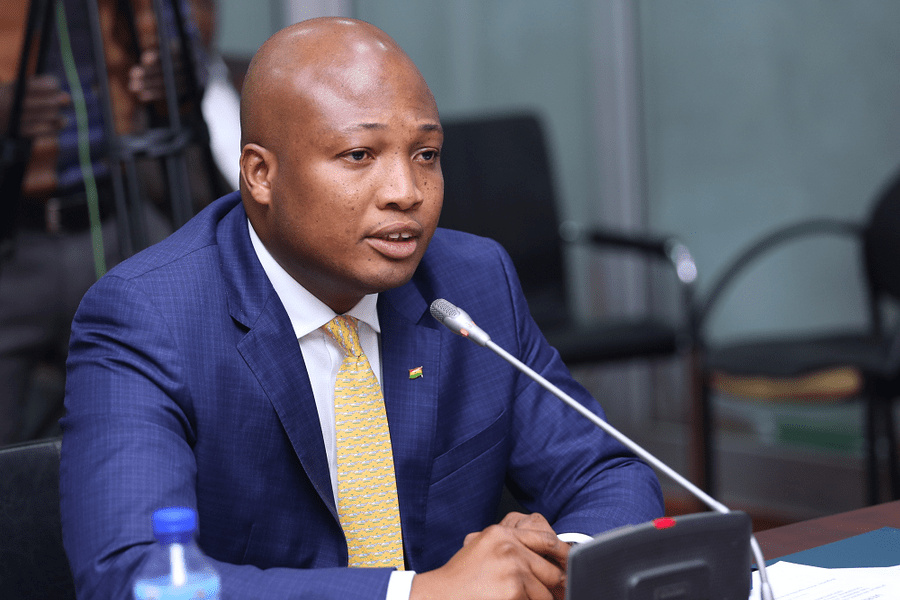Ablakwa pledges to bring Ofori-Atta, NAPO to Parliament on $170m debt

Samuel Okudzeto Ablakwa, the Member of Parliament for North Tongu, has expressed his intention to initiate proceedings to summon the Finance and Energy Ministers, as well as the Attorney General, to appear before Parliament regarding the disbursement of GH¢230 million for settling a judgment debt owed to Trafigura.
Trafigura, the majority stakeholder in Ghana Power Generation Company (GPGC), was awarded $170 million in January 2021 by a London arbitral tribunal, which ruled that Ghana had unlawfully terminated a contract for the installation and operation of two power plants. Failure to pay the amount would result in the government losing its property through auction.
To commence the payment process, the government has released $20 million. Ablakwa, in an interview with, emphasized the need for the Finance and Energy Ministers to provide answers, stating that parliamentary oversight must address why such a substantial sum of money was allocated.
Despite previous attempts falling short of the required two-thirds majority for a vote of censure, Ablakwa remains committed to pursuing accountability for what he sees as a misuse of funds that could have been directed towards infrastructure development, healthcare, water supply, and housing solutions for displaced individuals.




